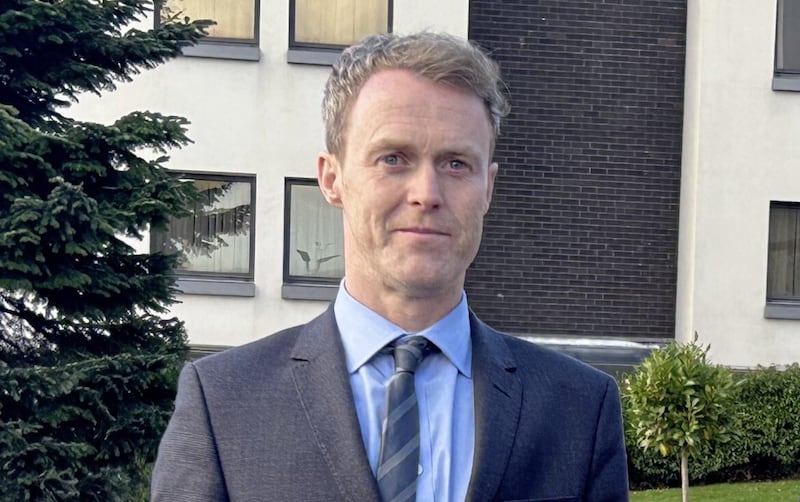Housing bodies believe budget cuts will have a devastating impact on the most vulnerable people in Northern Ireland, with a lengthening number on the waiting list for affordable homes.
In a joint letter to the Department for Communities permanent secretary Colum Boyle, four organisations outlined the major areas of concern, including the shortfall in the capital budget and the impact it will have along the line.
The 2023-24 Budget settlement provides DfC with £861.6m Resource, £216.1m Capital and £25.6m Financial Transactions Capital (FTC). This is a resource funding shortfall of £111.2m and £59m in capital needed this year, the DfC said.
Senior civil service members have been thrust into the frontline to decide what is argued are political decisions because of the lack of an Executive, their representatives have said.
The budget proposals will "undercut efforts to address the social housing waiting list, which as of March 31 2023 stood at 45,105 households with 72 per cent of those applicants deemed to be in housing stress," read the letter, sent by Housing Rights, Chartered Institute of Housing Northern Ireland (CIH NI), Homeless Connect and the NI Federation of Housing Associations.
It will set back "progression of the NI Executive’s aim to promote wellbeing and will severely undercut the Department for Communities' own strategic objectives", the groups argued. They also expressed concern about the impact on homeless services.
Justin Cartwright, director of CIH, said the "proposed cuts to social housing and vital services will perpetuate inequalities and hinder progress".

Mr Cartwright added: "The waiting list for social housing is already significant, and reduced funding could lead to longer wait times. Discretionary support grants and employment support are underfunded, threatening vulnerable people.
“It is crucial that funding is allocated in a way that recognises the significance of housing as a key strategic priority. Our focus must also extend beyond providing affordable homes – we must also prioritise accessible social security that enables people to thrive in their homes and communities.”
Kate McCauley, chief executive of Housing Rights, said the organisation believes the cuts will simultaneously increase the risk of homelessness while weakening the support available to prevent and alleviate it.

"This will not only entrench inequalities at a time of increased need; it will undermine government policy to prevent homelessness," Ms McCauley said.
Seamus Leheny, NIFHA chief executive added: "Any cuts to funding for vital schemes such as the supply of new social housing and the Supporting People Programme would have a devastating impact on the most vulnerable in our society.

"At a time of economic pressures across all of society, we need to ensure that those most in need are not left behind."







